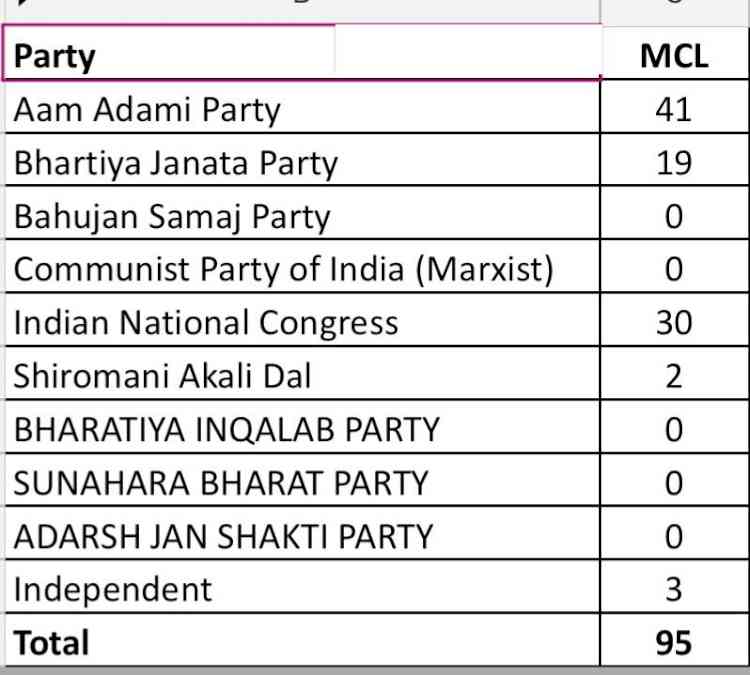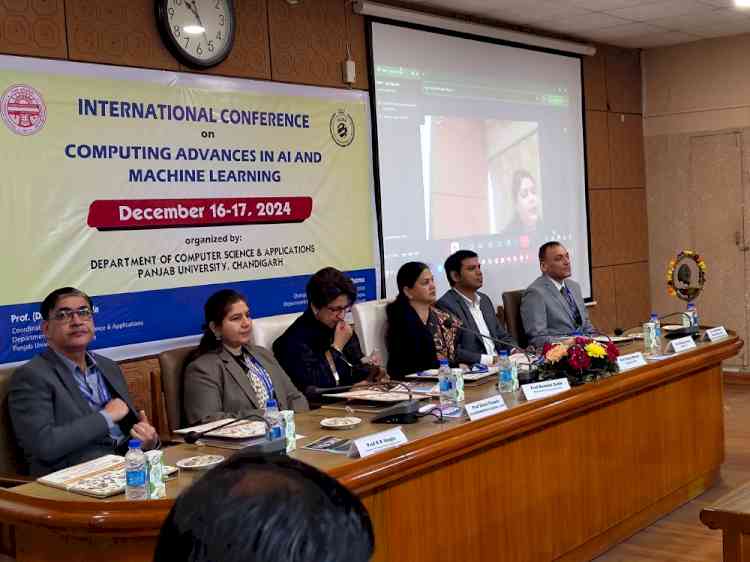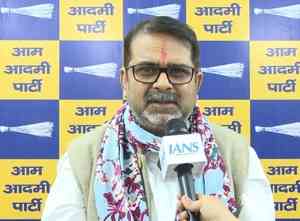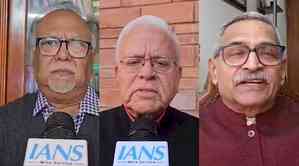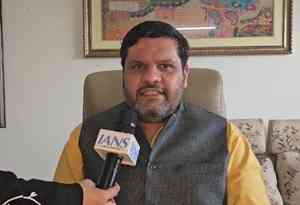ED raids 6 locations in Andhra, Telangana in KCC loan fraud case
The Enforcement Directorate (ED) said on Saturday that it carried out searches at six locations in Andhra Pradesh and Telangana in connection with its ongoing probe into the fraud in sanction of loans under Kisan Credit Card (KCC) to farmers for construction of fish tanks.
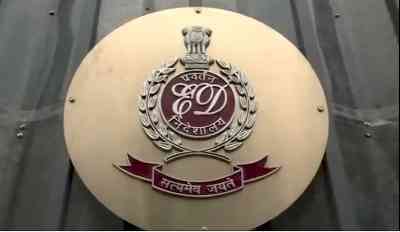
New Delhi, Dec 2 (IANS) The Enforcement Directorate (ED) said on Saturday that it carried out searches at six locations in Andhra Pradesh and Telangana in connection with its ongoing probe into the fraud in sanction of loans under Kisan Credit Card (KCC) to farmers for construction of fish tanks.
The ED said that it carried out the searches on Wednesday under the provisions of Prevention of Money Laundering Act (PMLA) at the residences and office premises of loan aggregators, which resulted in the recovery and seizure of digital devices and incriminating documents, revealing numerous immovable and movable properties acquired from the proceeds of crime.
The ED case is based on an FIR registered by the CBI under various sections of the Indian Penal Code (IPC) and Prevention of Corruption Act (PC Act), alleging large-scale fraud at IDBI Bank, Rajahmundry Branch, East Godavari District in Andhra Pradesh, in connection with processing and sanctioning of short-term loans or KCC to farmers involved in fish farming or pisciculture for the construction of fish tanks.
The financial probe agency said, “ED probe found that the accused persons took KYC documents, blank cheques etc. from their employees, known persons, farmers etc. on the pretext of salary payment through banking channels, medical reimbursement, provident fund, etc.
“On the basis of these documents, they took loans in their names to the tune of Rs 311.05 crore in connivance with bank officials and valuers. The loan amounts credited into the accounts of workers, farmers, etc. were transferred to the accused persons’ accounts and in many cases, the entire loan amount was withdrawn in cash."
The ED said the accused persons thus acted as “loan aggregators” and ultimately used the loan amounts for their personal gains, including investment in their businesses and acquisition of properties in the names of family members and other persons.
--IANS
aks/arm


 IANS
IANS 



